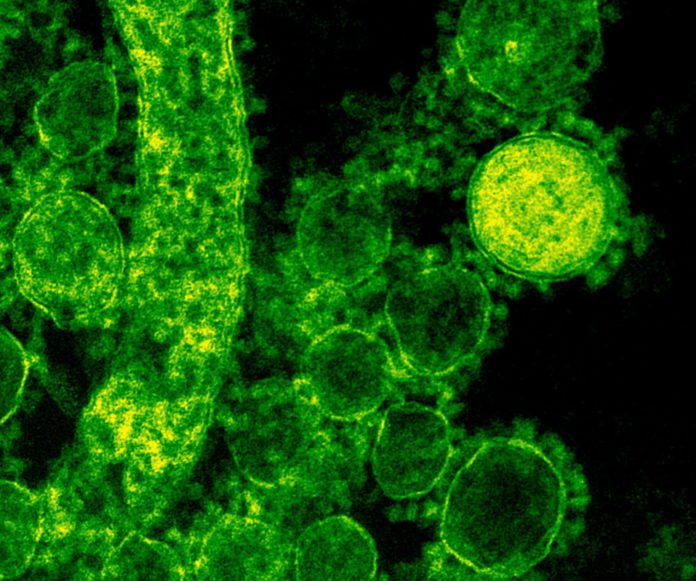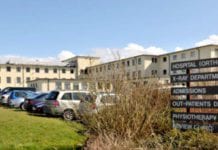The HSE is urging parents to be vigilant as GPs and hospitals report rising numbers of young children affected by respiratory symptoms and viruses, including RSV.
RSV (respiratory syncytial virus) is a highly contagious respiratory disease, which generally occurs between October and April, with cases peaking in December.
It is the main cause of bronchiolitis and pneumonia in very young children. Bronchiolitis may lead to breathing and feeding difficulties and can result in hospitalisation.
RSV can also be serious and life-threatening for older adults, individuals with weak immune systems, and children who are premature or have chronic heart and lung disease.
Dr Abigail Collins, National Clinical Lead for the HSE’s Child Health Public Health Programme said, “We’ve seen a very significant recent rise in the number of children with RSV, especially in children aged four and under, which is concerning.”
“It’s up to us all to do our part to protect vulnerable babies and children. Key to that is to reducing the chance of infection and spread.”
“That means staying away from others if you feel unwell, covering your mouth and nose with a tissue when you cough or sneeze, binning used tissues and washing your hands after and regularly throughout the day.”
“Please make sure your child’s vaccines or immunisations are up to date, including the annual free nasal flu vaccine available from your local GP or pharmacy.”
Advice regarding crèches and childcare services
At this time of year, children may have a runny nose or slight cough, and they should not be prevented from attending if they are feeling well with one mild symptom.
However, if a child is feeling unwell with more significant symptoms, or combination of symptoms (cough, runny nose and mild fever) then they should be at home until the fever and their symptoms have gone.
Children may have a persistent cough after infection for a few weeks so once the fever and other symptoms have gone, they should not be excluded for the cough alone.
Good ventilation of shared spaces, good cough etiquette (coughing into tissue or elbow rather than on hands) and good hand hygiene / cleaning of surfaces, all really help in preventing spread.
Dr Ciara Martin, HSE National Clinical Advisor for Children and Young People said, “Newborns and younger babies are at particular risk from RSV.”
“When visiting families with newborns you need to be extra careful to wash your hands before holding them. And don’t kiss and cuddle babies if you have a cold or a cough. For parents who are worried we have a lot of advice available on mychild.ie.
“Most cases of RSV can be cared for at home, and usually clears between two to three weeks without treatment. However, symptoms can worsen quickly, particularly within the first 5-6 days, so it is important to watch symptoms and seek medical advice when needed.”










